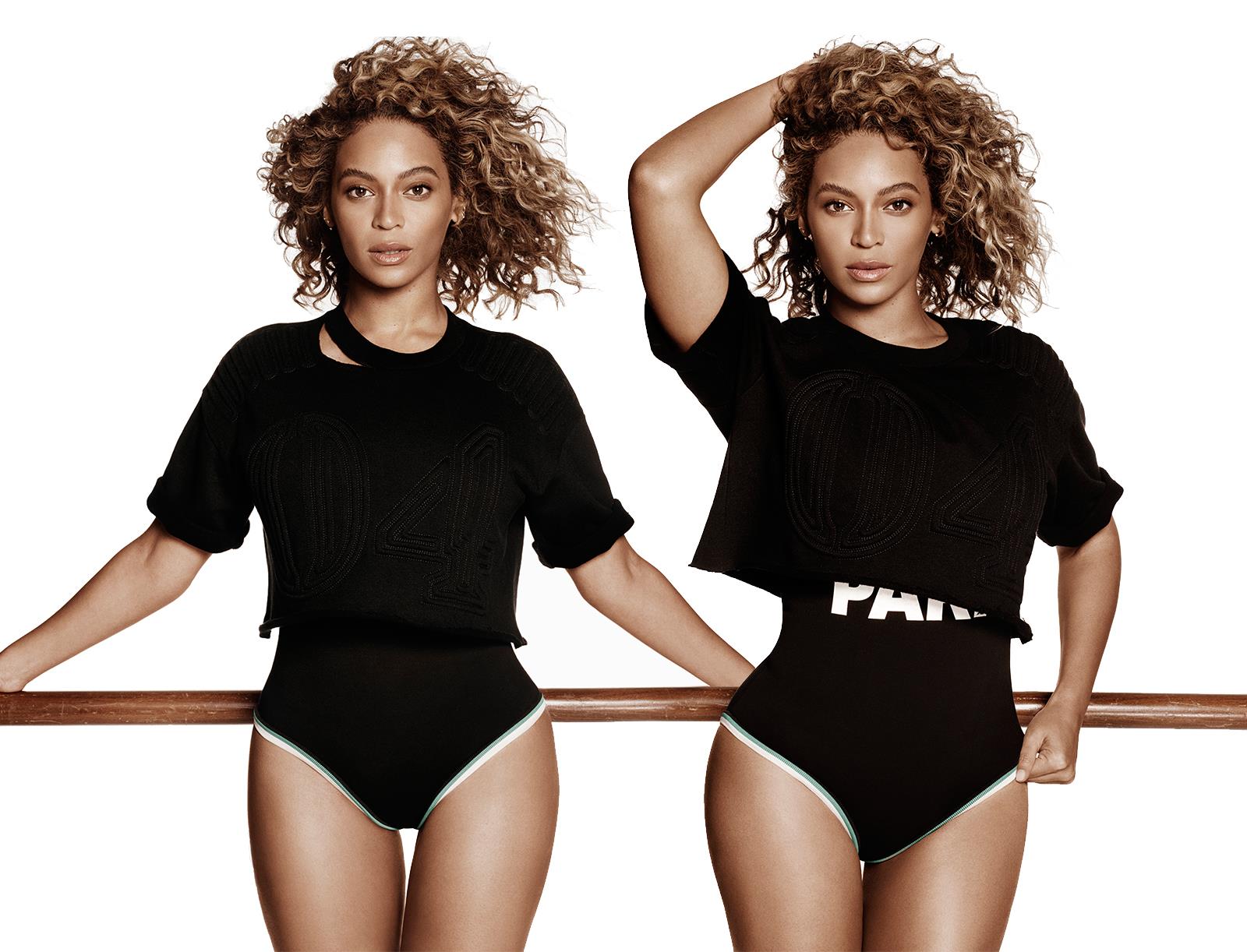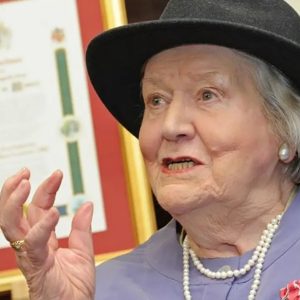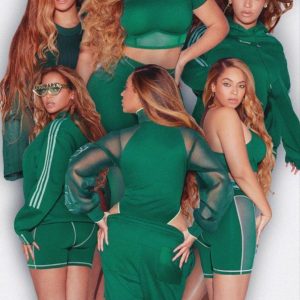Queen of the Chorus: How Beyoncé’s Most Iconic Hooks Redefined Pop Music and Empowered a Generation
When Beyoncé Knowles-Carter enters a room—or a stage—she doesn’t just arrive, she commands. The reigning queen of pop and R&B has captivated the world for over two decades with her powerhouse vocals, cinematic visuals, and electrifying live performances. But if there’s one hallmark of her genius that echoes through every arena she’s conquered, it’s her uncanny ability to create unforgettable choruses—hooks that do more than sell records; they become cultural moments.
While Beyoncé herself has rarely named her “favorite” choruses outright, she’s been candid about how certain ones shaped her artistry, career, and connection with fans. From declarations of love to bold feminist manifestos and politically charged calls to action, her most iconic choruses are more than just catchy refrains—they’re powerful expressions of identity, resilience, and empowerment. Let’s take a deep dive into some of the choruses that have left an indelible mark on music history and Beyoncé’s own journey.
“Crazy In Love” (feat. Jay-Z): The Moment a Star Was Born
When “Crazy In Love” dropped in 2003, it wasn’t just the launch of Beyoncé’s solo career—it was an explosion. The chorus, a euphoric burst of horns and vocal passion, captured the dizzying, magnetic energy of falling madly in love. “Got me looking so crazy right now, your love’s got me looking so crazy right now…” became an instant anthem.

For Beyoncé, it was a “defining moment”—a track that merged her R&B roots with pop dynamism. Paired with Jay-Z’s iconic opening verse and the chemistry that mirrored their real-life romance, this chorus didn’t just signal the beginning of a new musical chapter. It introduced the world to a woman in full control of her sound, her image, and her power. It remains a staple in her live shows, commanding crowd singalongs from the first beat.
“Single Ladies (Put a Ring on It)”: A Cultural Earthquake
Arguably one of the most impactful pop choruses of the 21st century, “Single Ladies” didn’t just top the charts—it ignited a global phenomenon. Its infectious repetition, “If you liked it then you shoulda put a ring on it,” became a mantra of independence and self-worth, especially for women reclaiming autonomy in love and relationships.
With its minimalist production and that now-iconic dance routine, the song became a rallying cry. Beyoncé herself has acknowledged its cultural weight, noting how it challenged outdated societal expectations around marriage and commitment. The hand gesture alone became a universal symbol, immortalized in memes, parodies, and even political protests. “Single Ladies” was more than a hit—it was a movement.
“Run the World (Girls)”: A Roar of Female Power
Beyoncé has never shied away from pushing boundaries—and “Run the World (Girls)” was perhaps her boldest sonic declaration of female empowerment. “Who run the world? Girls!” the chorus dares to ask—and answer—with fearless certainty. Backed by an aggressive beat and a commanding performance, the song fused tribal rhythms with futuristic aesthetics to create an anthem that is both timeless and revolutionary.
Inspired by the influential women in her life, Beyoncé dedicated the track to girls everywhere fighting to be seen, heard, and respected. The chorus doesn’t just celebrate women—it dares the world to witness their strength. It remains one of her most daring performances, both visually and vocally, cementing her status as more than an entertainer: she’s a leader, a cultural architect.
“Love On Top”: Pure Joy, Layered with Soul
In a departure from the more hard-hitting themes of her later work, “Love On Top” is a joyous, soulful explosion of vocal dexterity and heartfelt affection. With key changes stacked like emotional building blocks, Beyoncé uses the chorus to demonstrate both her vocal range and her sheer exuberance. “Baby it’s you, you’re the one I love…” she belts, rising in pitch and emotion with every repetition.
Beyoncé has described the track as deeply personal, a song that captures the pure essence of love and gratitude. It’s a rare glimpse into her inner joy—and fans feel that intimacy when she performs it live. The chorus acts like a warm embrace, proving that simplicity, when delivered with soul, can be just as powerful as any political statement.
“Formation”: A Line in the Sand
When Beyoncé dropped “Formation” in 2016, she sent shockwaves through both the music industry and the national discourse. This wasn’t just a single—it was a mission statement. “I see it, I want it, I stunt, yellow-bone it…” she raps before leading into a chorus that lays bare her pride, her heritage, and her defiance: “Okay ladies, now let’s get in formation.”
Referencing Hurricane Katrina, Black southern culture, and systemic injustice, the chorus became a thunderous call to arms. The song amplified conversations around race, identity, and resistance at a time when they were desperately needed. Her Super Bowl halftime performance, with its Black Panther-inspired costumes and unapologetic attitude, turned the song’s chorus into an act of protest.
Beyoncé didn’t just deliver a banger—she delivered a cultural reckoning.
The Genius in the Hooks
What makes Beyoncé’s choruses endure isn’t just their catchiness—it’s the intention behind them. Each one is rooted in a particular moment of transformation, whether personal, political, or cultural. Her music doesn’t merely reflect the times—it often defines them. These choruses aren’t just the peak of a track; they’re the heartbeat of a movement.
Beyoncé’s attention to detail is legendary. She is known to spend months perfecting a phrase, a note, a breath. While she hasn’t publicly named a definitive list of favorites, these choruses clearly resonate deeply with her. They reflect her evolution—from the wide-eyed soul singer of Destiny’s Child to the commanding cultural force who shaped Lemonade, Renaissance, and beyond.
A Lasting Legacy
In an age where music can be fleeting, Beyoncé crafts choruses that endure. They become hashtags, chants, soundtracks to weddings, breakups, and revolutions. Whether she’s challenging the patriarchy, celebrating love, or rallying her community, her choruses transform into anthems—both deeply personal and universally powerful.
So while the world may never get a definitive list of Beyoncé’s personal favorite choruses, one thing is clear: her legacy is written in every bold refrain, every thunderous hook, every empowering lyric. And in that legacy, she doesn’t just sing—she inspires, she mobilizes, and she reigns.





